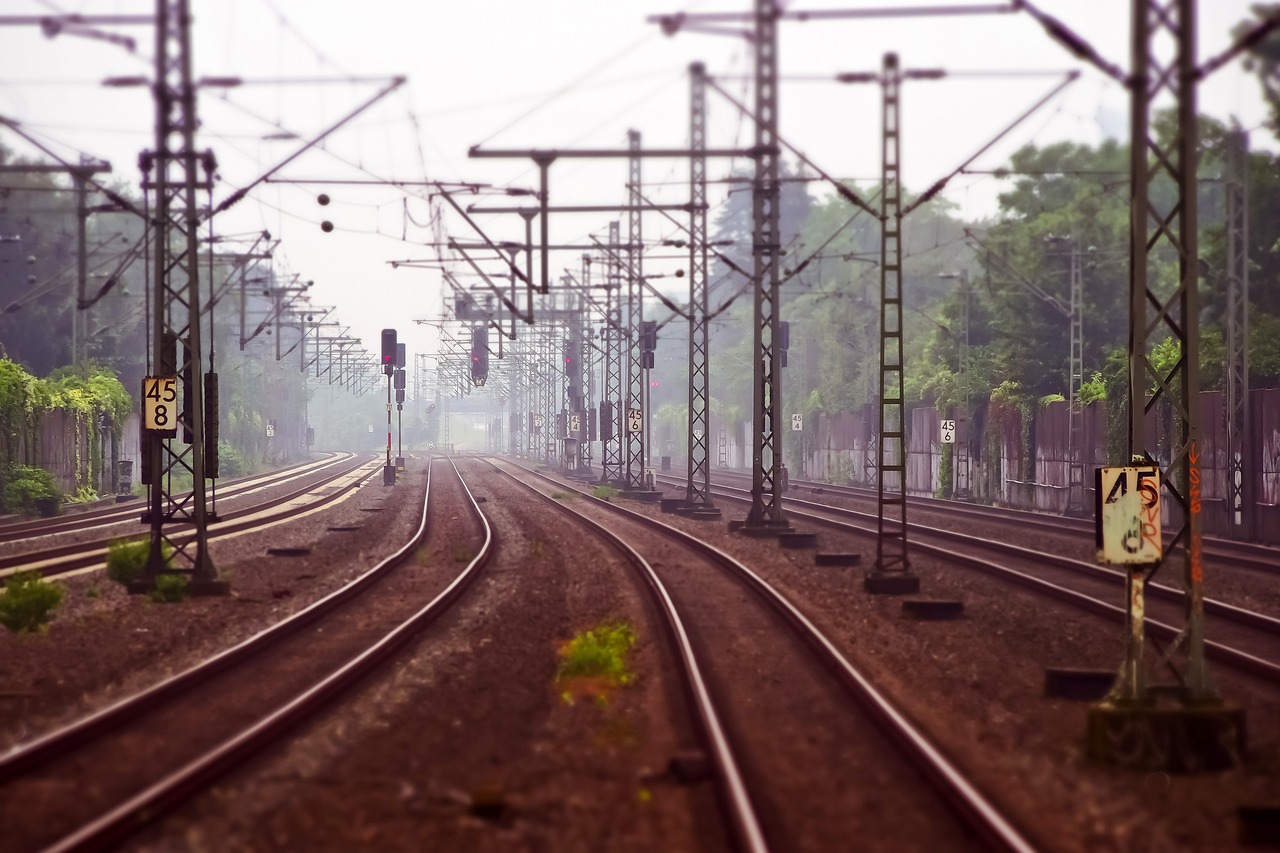
New Delhi: Odisha, Jharkhand, West Bengal, Chhattisgarh will get new railway lines two new railway lines and one multi-tracking project to provide connectivity, facilitate ease of travelling, minimize logistics costs, reduce oil imports and lower CO2 emissions. They are also expected to improve logistical efficiency by connecting the unconnected areas, increasing the existing line capacity and enhancing transportation networks, resulting in streamlined supply chains and accelerated economic growth.
The Cabinet Committee on Economic Affairs (CCEA), chaired by Prime Minister Narendra Modi, today approved the three projects of the Ministry of Railways with a total estimated cost of Rs. 6,456 crore. The projects are the result of PM-Gati Shakti National Master Plan for multi-modal connectivity which has been possible through integrated planning and will provide seamless connectivity for the movement of people, goods and services.
The three projects covering 7 Districts in the above-mentioned four States are expected to generate direct employment for about 114 lakh man-days during construction and are slated to be completed by 2028-29.
With these projects 14 New Stations will be constructed, providing enhancing connectivity to two aspirational districts – Nuapada and East Singhbum. New Line projects will provide connectivity to approximately 1,300 villages and about 11 lakh population. The multi-tracking proposal will ease operations and reduce congestion, providing the much-required infrastructural development on the busiest sections across Indian Railways. The multi-tracking project will also enhance connectivity to approximately 1,300 villages and about 19 lakh population.
“These are essential routes for transportation of commodities such as agriculture products, fertilizer, coal, iron ore, steel, cement, limestone etc. The capacity augmentation works will result in additional freight traffic of magnitude 45 MTPA (Million Tonnes Per Annum),” a Cabinet note stated.
The Railways being an environment-friendly and energy-efficient mode of transportation, will help both in achieving climate goals and minimizing logistics cost of the country, reduce oil import (10 Crore Litres) and lower CO2 emissions (240 Crore Kg) which is equivalent to the plantation of 9.7 crore trees, the Ministry of Railways stated.
– global bihari bureau





